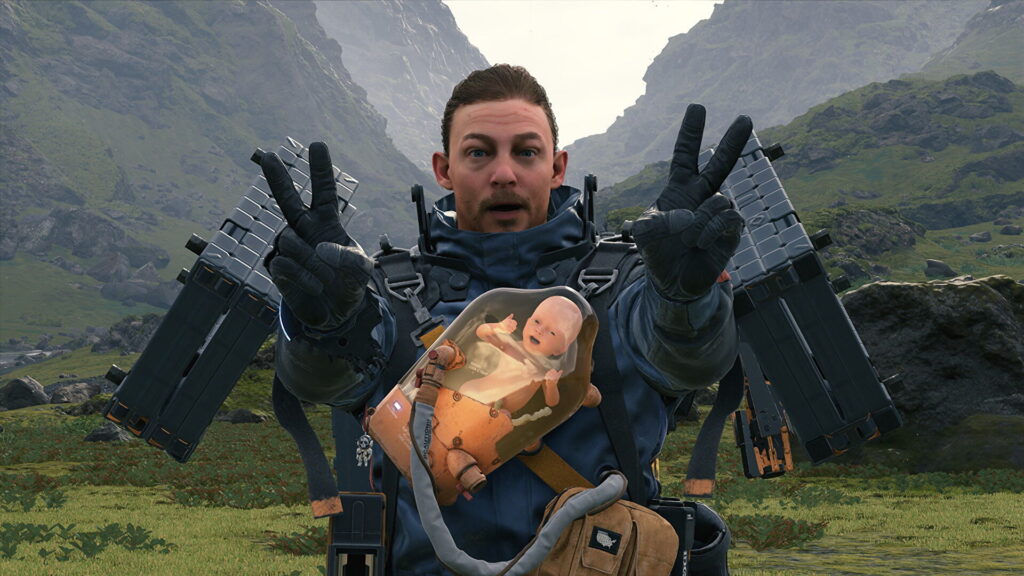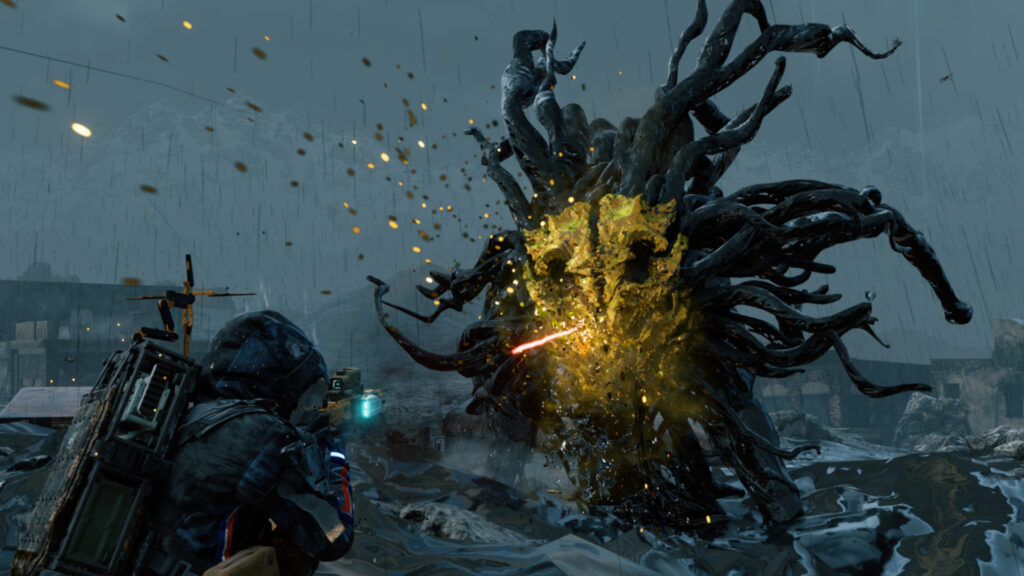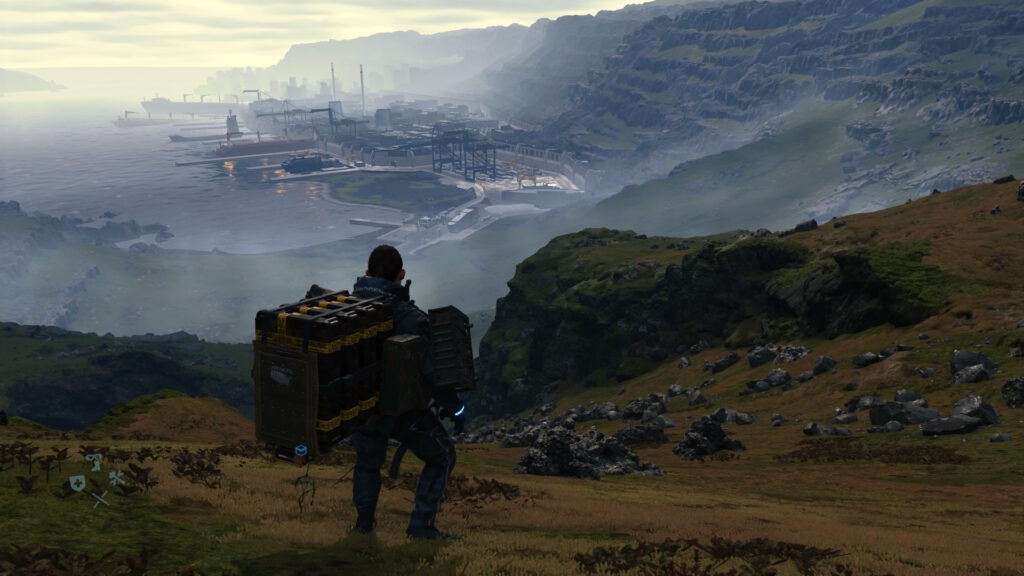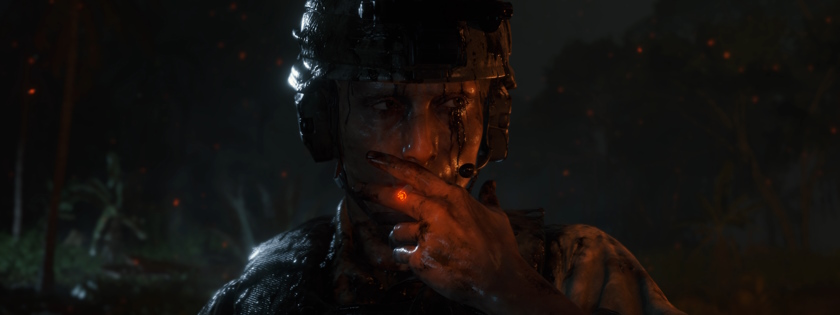I had heard about Hideo Kojima, of course, but moving from early Nintendo console gaming to PC gaming, I’ve only marginally interacted with his earlier productions. I only briefly played Metal Gear Solid which gave me a working knowledge of the tropes of the video game series and a glimpse at gameplay gimmicks with the Psycho Mantis boss fight.
In this fight, the boss reacts to all the player actions as if he “mindread” them. By plugging the controller to the second port, the boss is then unable to perform the same mind reading and is more easily defeated. However this isn’t the kind of ideas that Hideo Kojima would become famous for, rather his intricate plots.
Death Stranding definitely checks that box, but for what purpose? That is unclear to me. It definitely tries to be a lot of things but also contains their exact antithesis.

Death Stranding wants to be a cinematic experience, but it goes against the repetitive delivery main gameplay loop (which is fine on its own, see my review of EuroTruck Simulator 2).
Death Stranding wants to be an immersive simulator, but the sheer amount of transition cutscenes makes it tedious.
Death Stranding wants to be about the mysticism of death, but the layers of techno-babble surrounding the game’s events makes it meaningless.
Death Stranding wants to be a contemplative game, but the constant chimes of online interactions distract from it.
Death Stranding wants to be about human connection, but your character mostly interacts with holograms.
Death Stranding wants to be about nation-building, but only offers an autocratic president and an Amazon-like corporation as government.
Death Stranding wants to have intense fights, but makes you use menus during protracted ones.
Death Stranding wants to be a dynamic terrain traversal game, but the terrain is statically generated.
Death Stranding wants to be a complex walking simulator, but has roads and terrible vehicles to bypass it.
Death Stranding wants to be a comprehensive simulation, but some critical information (like the range for accessing vehicle inventory from a delivery terminal) are left to the player to guess.
Death Stranding wants to have an acting pedigree, but I could only see Norman Reedus and Mads Mikkelsen, never their own characters.

Even with all of this, I stayed around for a whopping 75 hours. Despite his many contradictions, Death Stranding is also an exquisitely well-engineered game, running surprisingly smooth on my middle-aged gaming laptop. The graphics are superb, including the rendering of wet, rusted or tarred surfaces. Weather effects are convincing and give a life to this game that little else provides.
Its difficulty curve is also way lowered by the online features. Once a map region is unlocked for shared structures, there’s little the player need to build themselves to crisscross it. No preparation is necessary for any fight as other player silhouettes routinely appears to provide weapons and healing items, littering the battlefields with extra stuff.
I also have been misled about how long the storyline would take to complete. When I reached delivery simulation satiety, I tried to rush to the story line end, only to discover there was a couple more acts than I expected, mostly consisting of protracted cutscenes.
At this point, I was completely uninterested in the plot and I kept sighing heavily all the way through both credits. It didn’t help that all the main characters have names heavily tied into the plot fabric itself, which made them into utter caricatures, on top of having traits uncannily close to their real-world acting counterparts.

What remains of this game for me is a feeling of massive waste. This game and the visible efforts and care it took to create could have been used to make 2 or 3 separate games that would have better stood up on their own than this one. Did I have fun? Absolutely. Was it painstaking? Unfortunately. By wanting to be too many things at once, it didn’t manage to get any of them just right.
And this may be what impression the Kojima’s direction will leave me. The ambition, the grandeur, the panache that end up fizzling out.
Disclaimer: I played Death Stranding: Director’s Cut that was temporarily offered for free on the Epic Game Store.

